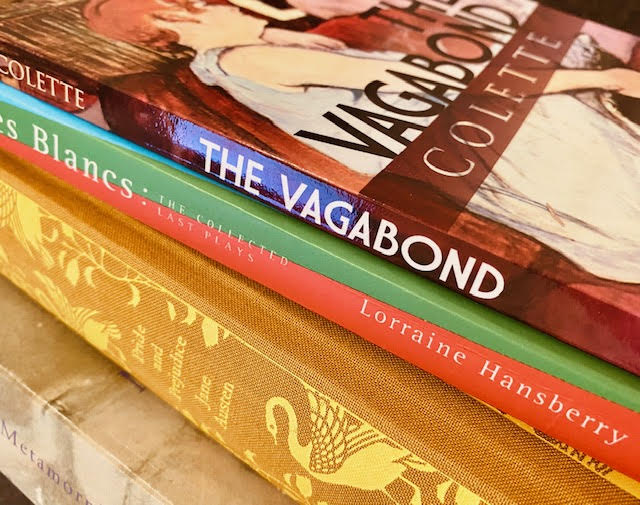As a child, I read. I read hungrily, voracious in my need to devour words, every day until my head was on the verge of bursting. Each weekend, I would browse the shelves of my local bookstore. By the following Friday, I would be done with whatever I had bought.
Imagine my surprise when little me realised that people were behind books. It was one of those things I had sort-of known but never really absorbed; I suddenly understood that individuals didn’t just write books, but created them. They crafted plots, characters, and entire worlds. They had a magic within them, something that seemed almost mythical, but were still people… I realised that they were human, just like me.

And thus began my lifelong desire to be a writer. Approximately fifteen years later, at the verge of 23, I look back at the beginning of this dream fondly. In my mind’s eye, I see a little girl who was touched by the beauty of a grand world. My journey from then to now is a complicated one though. As I grew up, the types of books I read changed– though I suppose it is more accurate to say the types of books I was exposed to changed. My literature classes in middle and high school focused almost exclusively on one thing: the Western canon. I was fed the classics, the greats, with little understanding of what this was supposed to mean to me as an aspiring modern writer.
As a LGBTQ+ South Asian girl, I grew up not seeing myself in media. Someone like me was rarely in a show or novel, and if there was someone like me, they were never the main character. When a child sees (or, perhaps, doesn’t see) themself, it permeates how they perceive their existence. It is here, at the doorway between a grand world and a PWI (predominantly white institute) that I began to misunderstand what was expected of me as a writer. I had begun to think that the Western canon was what is to be striven for– that it was the be-all and end-all of good writing. Nothing in my education before college dissuaded me from this misguided belief. I thus ended up not knowing how to write for and of myself… And I was too afraid to try.
In my first year of college, my world was shaken. I had enrolled in a class called Living Writers; in this class, we would read books by modern storytellers and then attend a live reading. Different writers of various backgrounds poured their hearts out to us, sharing their struggles and triumphs, their insecurities and lessons. They opened up about the discrimination they faced, the roadblocks they overcame, and the visions they wished to share. They were all recognisable creators; decorated and respectable, their talent permeated the air. They were accomplished. They were passionate. They were dreamers. They were themselves… And they resonated with me. From where they stood on stage, looking out at the countless faces in front of them, they managed to reignite something within me. It was there, in a packed lecture hall warmed by dim overhead lights, that I heard voices– living, breathing voices– that reminded me of what it means for words to dance within a human body.
What does it mean to be a writer? My time in college has afforded me a myriad of new ways to answer this. I think, foremost, it means to live– it means to be alive. We are all unique individuals. We all have our own stories. Nobody’s story is more important than anyone else’s; everyone has something to share, something to write about. Learning to write for and about yourself also means learning to write for others. In a world that limits stories by telling creators what stories should be told, it is easy for us to become disconnected from one another. It is through reading that we can learn that we are not alone. It is through writing that we can show someone else that they are not alone. We begin to truly see one another. When we choose to write about our own passions, our own realities, we begin to build community. A writer brings life not only to the pages, but also to those who pick up their work. We start to remember that we are all here, as humans, with stories that are deserving of being told.
Main takeaways:
- Write for yourself! In doing so, you write for others as well.
- Remember that your story is always worth being told!

By: Ehani Schneiderman
Ehani Schneiderman is a senior studying literature and anthropology at The New School. She hopes to connect with others through writing, poetry, and cultural exchange. When she isn’t nose deep in a book or word document, you can find her paddle boarding in a bay or scuba diving out at sea.
For over 20 years, the Campus Clipper has been offering awesome student discounts in NYC, from the East Side to Greenwich Village. Along with inspiration, the company offers students a special coupon booklet and the Official Student Guide, which encourages them to discover new places in the city and save money on food, clothing, and services. At the Campus Clipper, not only do we help our interns learn new skills, make money, and create wonderful e-books, we give them a platform to teach others. Check our website for more student savings and watch our YouTube video showing off some of New York City’s finest students during the Welcome Week of 2015.



